Despite the widespread of acne treatments, there are still millions of acne sufferers in different countries. Why is that so? Maybe some of the cures are not that effective, the products are not suitable for a skin type or the users are not following the instruction. A study of University of South Australia could benefit them as it is investigating essential oils and aromatherapy to be effective means to treat acne. The said university is also examining the psychological impact and cost comparisons with the conventional treatments.
“The majority of teenagers will experience the physical symptoms of acne at some point during adolescence. In Australia, more than 80% of all teenagers have acne,” Ms Agnew says.
“Current acne treatments include over-the-counter remedies and prescribed topical and oral medication. As acne is a multi-factorial disease, a combination of treatments is often recommended. But these multiple drug regimens are complex, can have side-effects, and poor adherence to treatment is common.”
While the physical symptoms of acne typically last ‘on and off’ for between two and five years, Ms Agnew says the psychological effects from the disease can continue well into adulthood. An important component of the study will be evaluating whether any observed reduction in physical presentation through treatment with essential oils leads to a better quality of life for sufferers.
“Acne can have lasting psychosocial effects, which are not often addressed,” Ms Agnew says.
“These symptoms can include anxiety, depression, impairment of emotional functioning, and low self-esteem and body image issues.”
The study will enlist aromatherapy clinicians to treat two groups with essential oils, supplied by Sydney Essential Oil Company. A third group will continue their regular treatment routine and receive the essential oils product at the end of the trial period.
“This will be the first known randomised controlled trial to examine the effectiveness of aromatherapy as it is practiced by clinicians,” Ms Agnew says.
“Essential oils have the potential to act via dermal absorption and their therapeutic properties make them potentially effective in treating bacterial infection, inflammation, pain and nausea.
“In vitro studies have found essential oils to be effective against the bacteria involved in acne Propionibacterium acnes - but there is a lack of clinical evidence to support the claims that essential oils will help reduce physical symptoms of acne, which is why this study is so important.
“We will also be evaluating the cost-effectiveness of aromatherapy, as there is currently a lack of literature to see if there are any benefits in this area.”

.jpg)


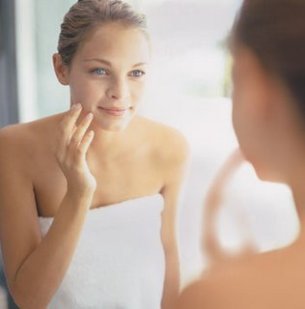
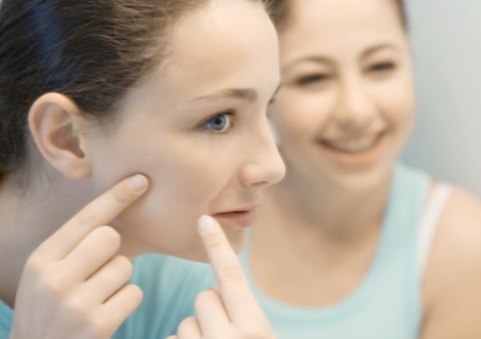
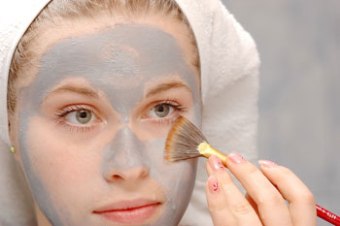
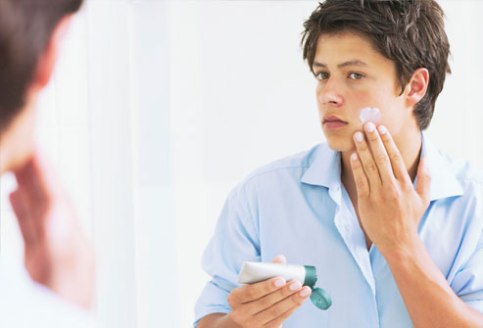
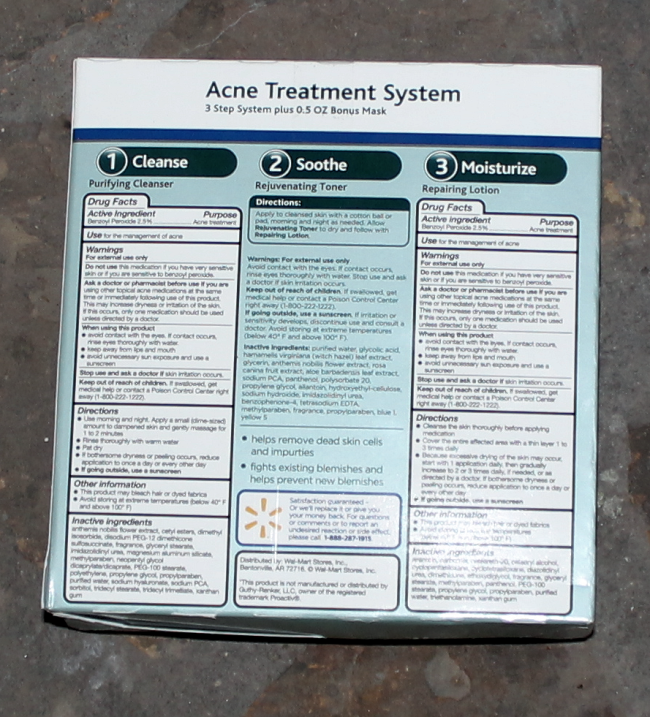
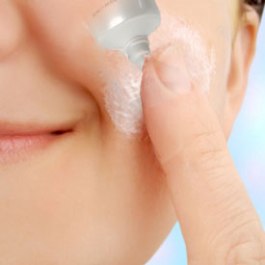
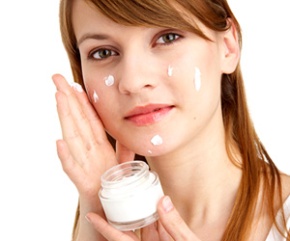


.jpg)













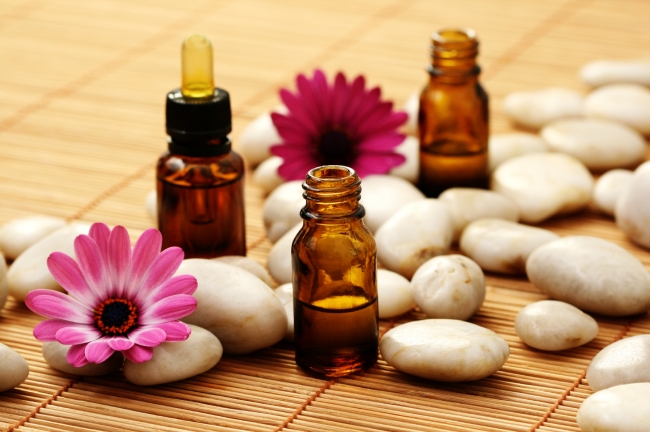
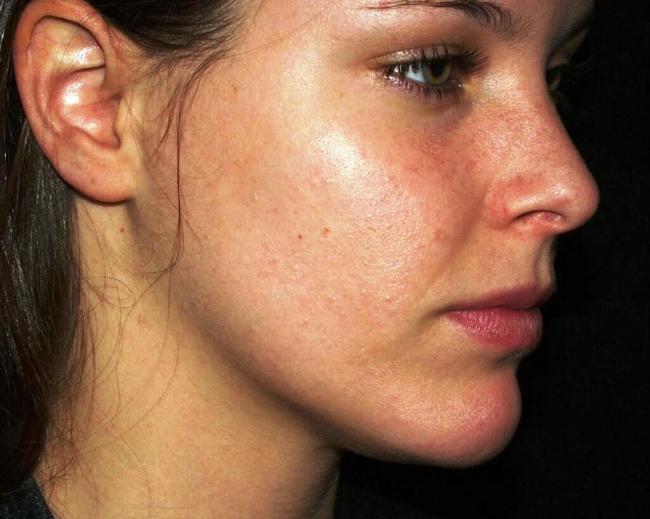
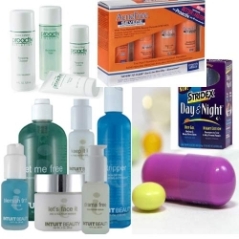
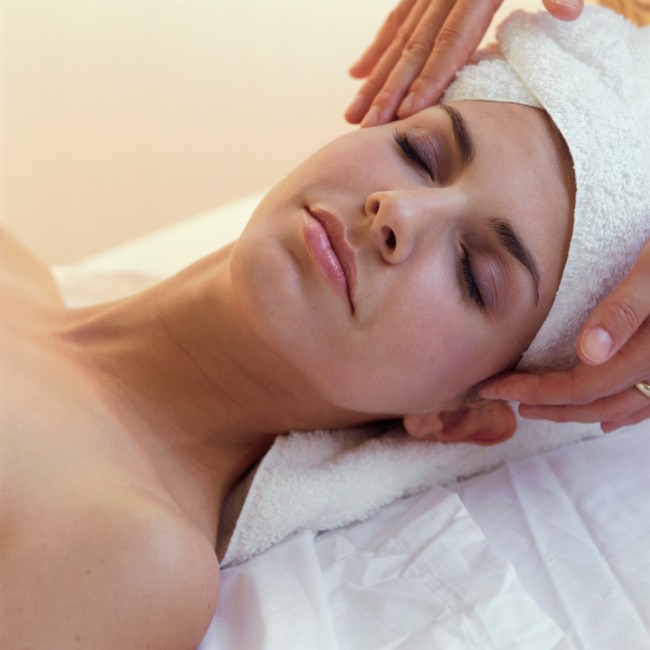
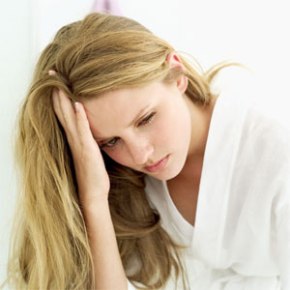
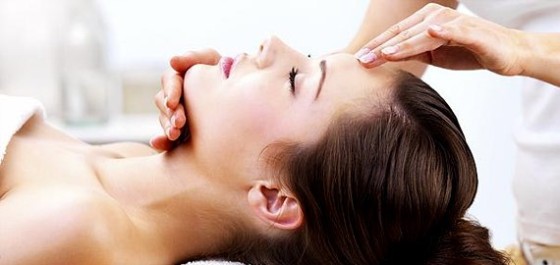
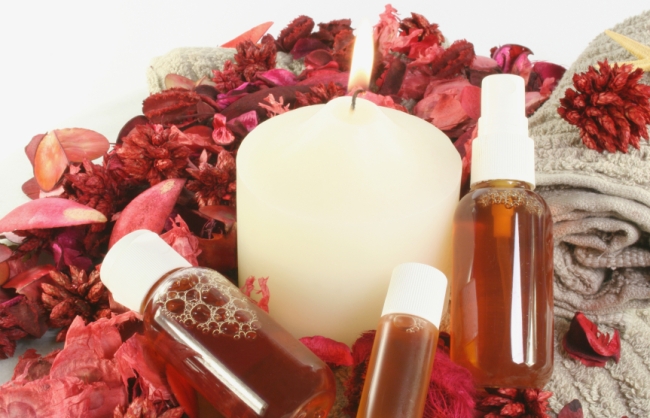




.jpg)










